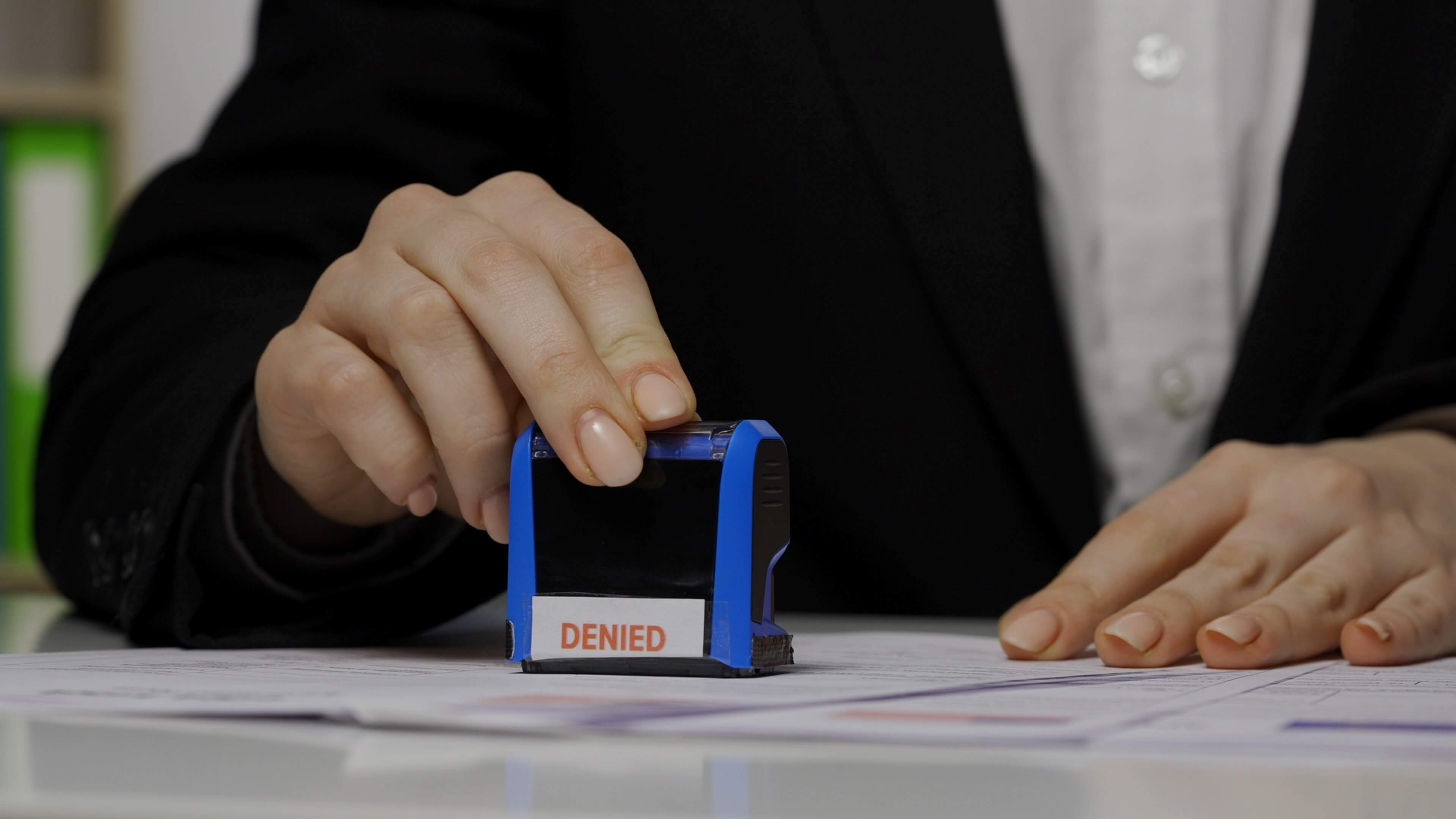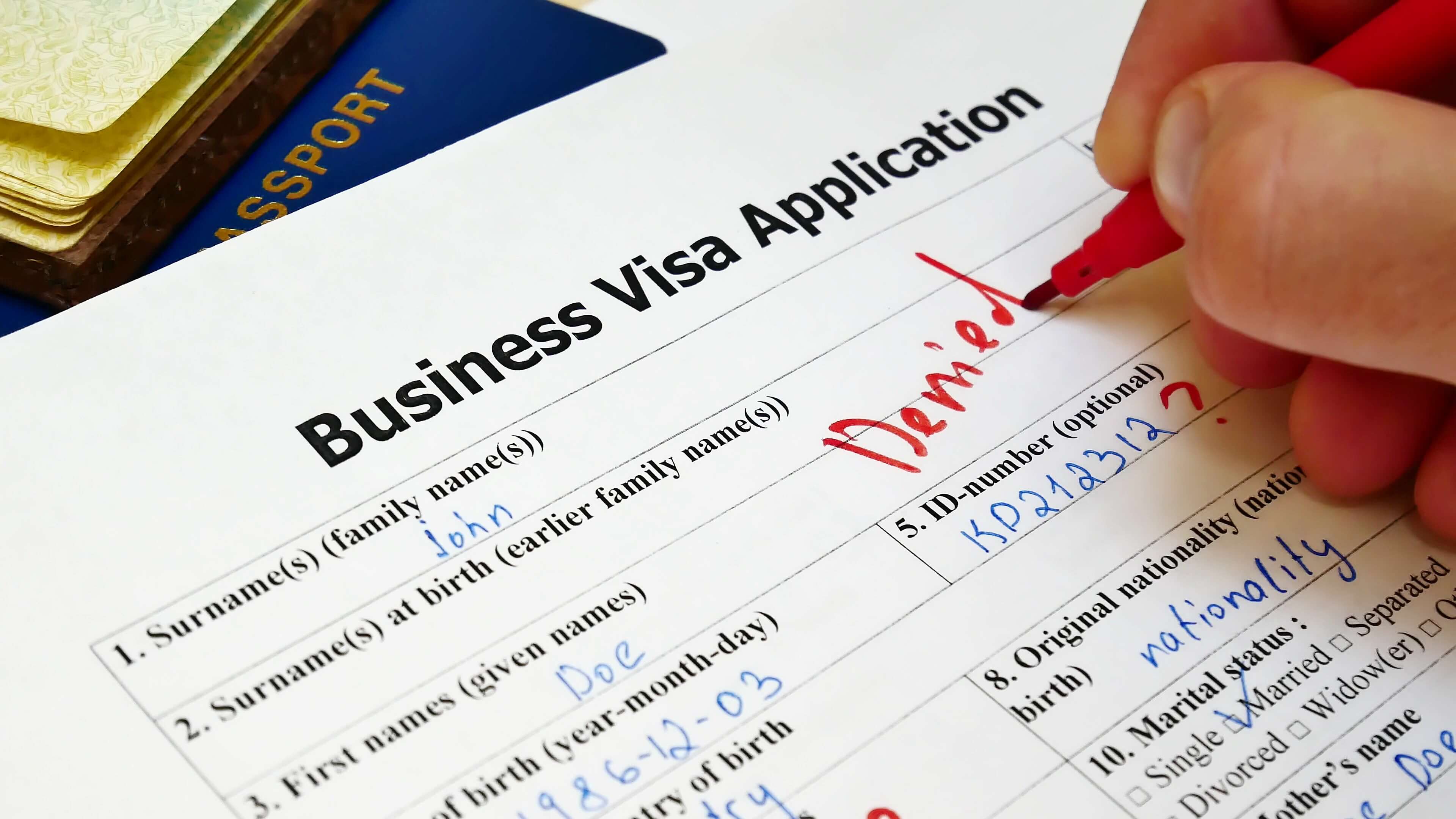Free Quote : +4 (031) 229 94 13
-
-
Email Address : [email protected]

Free Quote : +4 (031) 229 94 13
Email Address : [email protected]
Obtaining a residence permit or citizenship is an important stage in the life of a foreigner seeking to legalize his or her stay abroad. However, this process is not always smooth: according to statistics, about 10-13% of applications for residence permit are rejected. Understanding the main reasons for refusals will help to prepare for filing documents and avoid common mistakes.

Before submitting documents, it is important to know what mistakes most often become a reason for denial of residence permit or citizenship. Below are the most common reasons that applicants face:
1. Mistakes and inaccuracies in the documents.
Incorrectly executed documents, lack of necessary certificates or inconsistency of data are frequent reasons for refusal. Even minor errors can lead to rejection of an application.
2. Providing false information.
Providing false information, such as a fictitious residence address or forged documents, cannot only lead to rejection, but also entail legal consequences.
3. Violation of the migration regime.
Exceeding the period of stay in the country, violating visa conditions or other violations of migration rules may be grounds for refusal.
4. Lack of confirmed sources of income.
Failure to confirm the legality and stability of sources of income raises doubts among migration authorities and may lead to refusal.
5. Presence of criminal record or administrative offenses.
The presence of unexpunged criminal records or serious administrative offenses may become an obstacle to obtaining residence permit or citizenship.
6. Insufficient period of residence.
Citizenship requires residence in the country for a certain period of time. Failure to comply with this requirement may result in rejection.
7. Fictitious marriages or adoptions.
Attempts to obtain a residence permit or citizenship through a sham marriage or adoption are considered fraudulent and will result in denial.

If you are denied a residence permit or citizenship, you should not panic - it is important to understand the reasons for the refusal and act according to the plan to correct the situation and achieve a positive result.
1. Study the reasons for denial.
Get an official notice of refusal and carefully read the reasons given.
2. Turn to a lawyer for a legal consultation.
Professional assistance will help you assess the situation and determine possible ways to appeal the decision.
3. Prepare an appeal.
Usually within 30 days from the date of receipt of the refusal you have the right to appeal to the migration service.
4. Eliminate the identified violations
If the refusal is related to specific violations or deficiencies, try to correct them and reapply.
Obtaining residence permit or citizenship requires a careful approach and compliance with all legal requirements. You can avoid rejection by carefully preparing documents, providing accurate information and complying with migration rules. In case of rejection, it is important not to give up, but to take the necessary steps to eliminate the reasons and reapply.